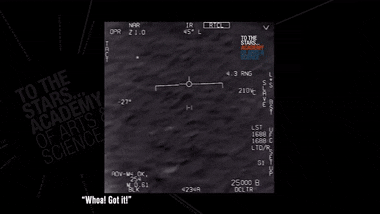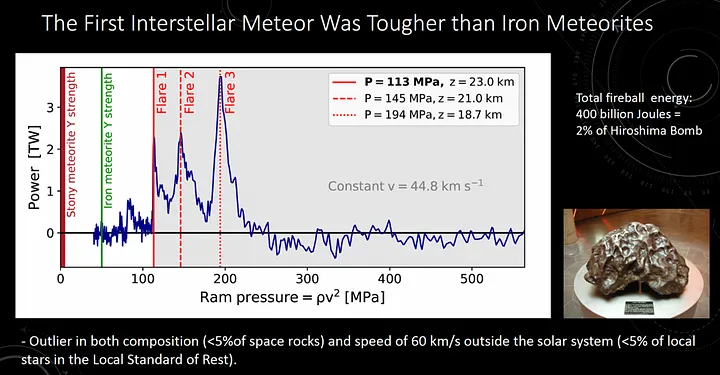Simulcast on KGRA Radio, YouTube, Facebook, Rumble & Twitch – Tuesday, July 11, @ 7:00 PM EDT (-4GMT)
BIO: The Honorable Tim Gallaudet, PhD, Rear Admiral, U.S. Navy (ret) is a career oceanographer and technology consultant. Formerly, he served as the acting Undersecretary and Assistant Secretary of Commerce, acting and Deputy Administrator of the National Oceanic and Atmospheric Administration (NOAA), and Oceanographer of the Navy. Currently, Gallaudet serves as a strategic advisor and board member for several startups, nonprofits, and research institutions in the ocean, weather, environment, and space sectors. Gallaudet has been interested in UAP since he was young, but his experience as the Superintendent of the U.S. Naval Observatory gave him a greater appreciation for their scientific validity. He now is a research affiliate for Harvard University’s Galileo Project, an Advisory Board member for Americans for Safe Aerospace, and will provide a keynote address at the Anomalous Aerospace Phenomena Conference hosted by the Scientific Coalition for UAP Studies on July 30. As a member of the Ocean Studies Board in the National Academies of Sciences, Engineering and Medicine, and a nominee for the White House Ocean Research Advisory Panel, Gallaudet hopes to advance the scientific study of undersea UAP. He is a fellow at The Explorer’s Club, a distinguished graduate of the University of California, San Diego, a recipient of the U.S. Coast Guard Distinguished Public Service Award, and holds a bachelor’s degree from the U.S. Naval Academy, as well as master’s and doctoral degrees from Scripps Institution of Oceanography.

Social Media:
- https://www.linkedin.com/in/rear-admiral-tim-gallaudet-phd-us-navy-ret-b18185149/
- https://www.facebook.com/tim.gallaudet
- https://twitter.com/GallaudetTim
- https://www.instagram.com/gallaudettim/
GALILEO PROJECT:
The Galileo Project was founded in July 2021 by Dr. Avi Loeb, the Frank B. Baird Jr. Professor of Science at Harvard’s Astronomy Department and Dr. Frank Laukien, Visiting Scholar at Harvard’s Department of Chemistry and Chemical Biology. The project, led by Professor Loeb, is composed almost entirely of volunteers, many of whom are active research scientists hailing from other academic institutions, who generously dedicate their time and expertise to the project, its two primary branches and various sub-projects.
In addition to the core research team, the Galileo Project has amassed a remarkable team of advisors and affiliates, professionals who offer useful expertise and input to the research team on a wide range of scientific and non-scientific subjects relevant to the success of the project.
The core research functions of the effort are divided into two “branches,” one studying unidentified aerial phenomena (UAP) and the other studying interstellar objects (ISOs). Within each branch there are multiple smaller teams solving for specific needs of the project. Additionally, a sub-group has been formalized to evaluate the hypothetical societal implications (SI) of this broad area of work.
The Galileo Project takes a “big tent” approach to problem solving, drawing upon the scientific, engineering and humanities expertise of a large community. These dedicated individuals, many of whom are well-known in their respective fields, are drawn to the project’s rigorously scientific approach to a subject rarely explored by academia, and all participants are committed to the core goals and philosophy of the project. SOURCE






